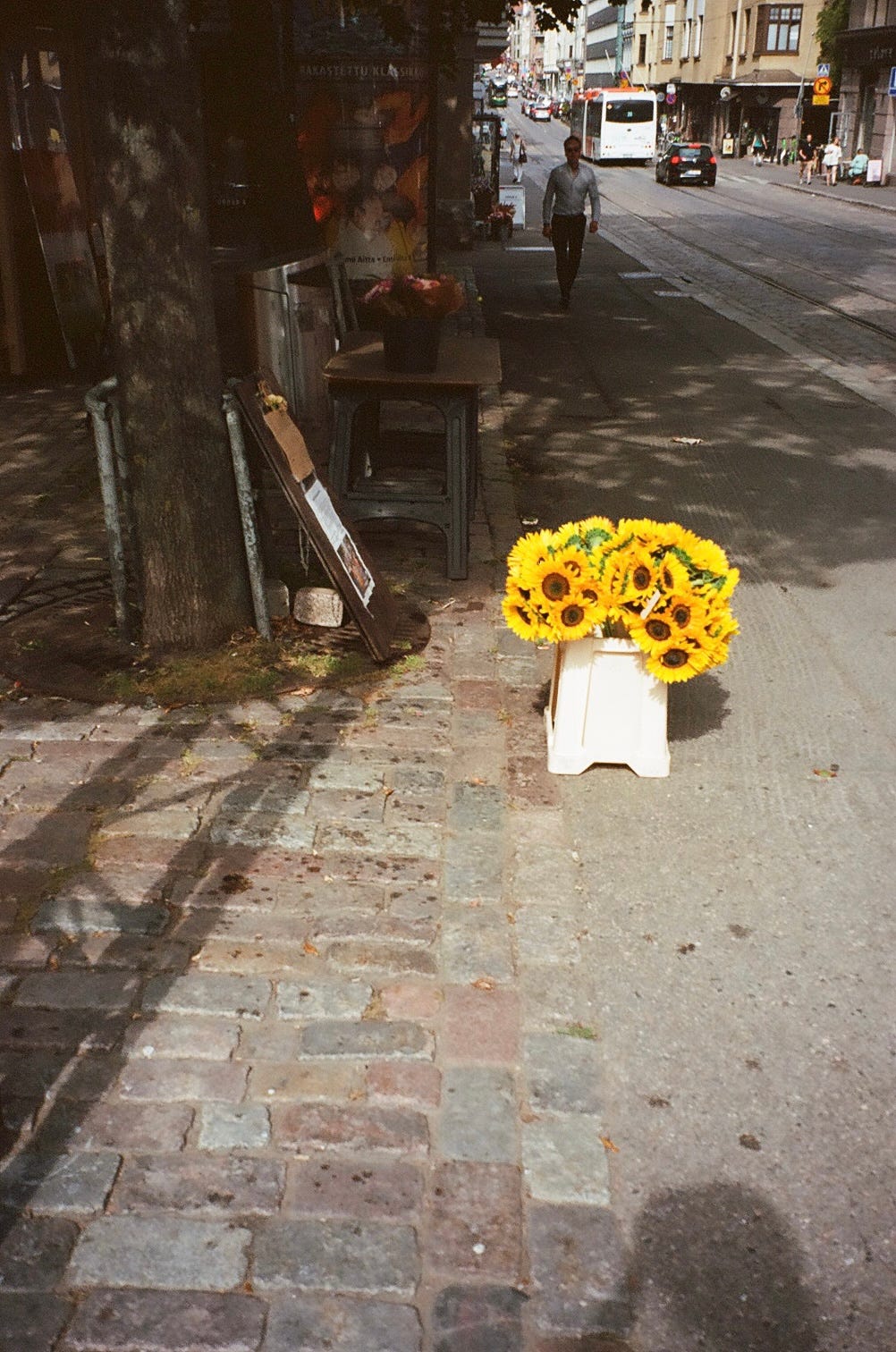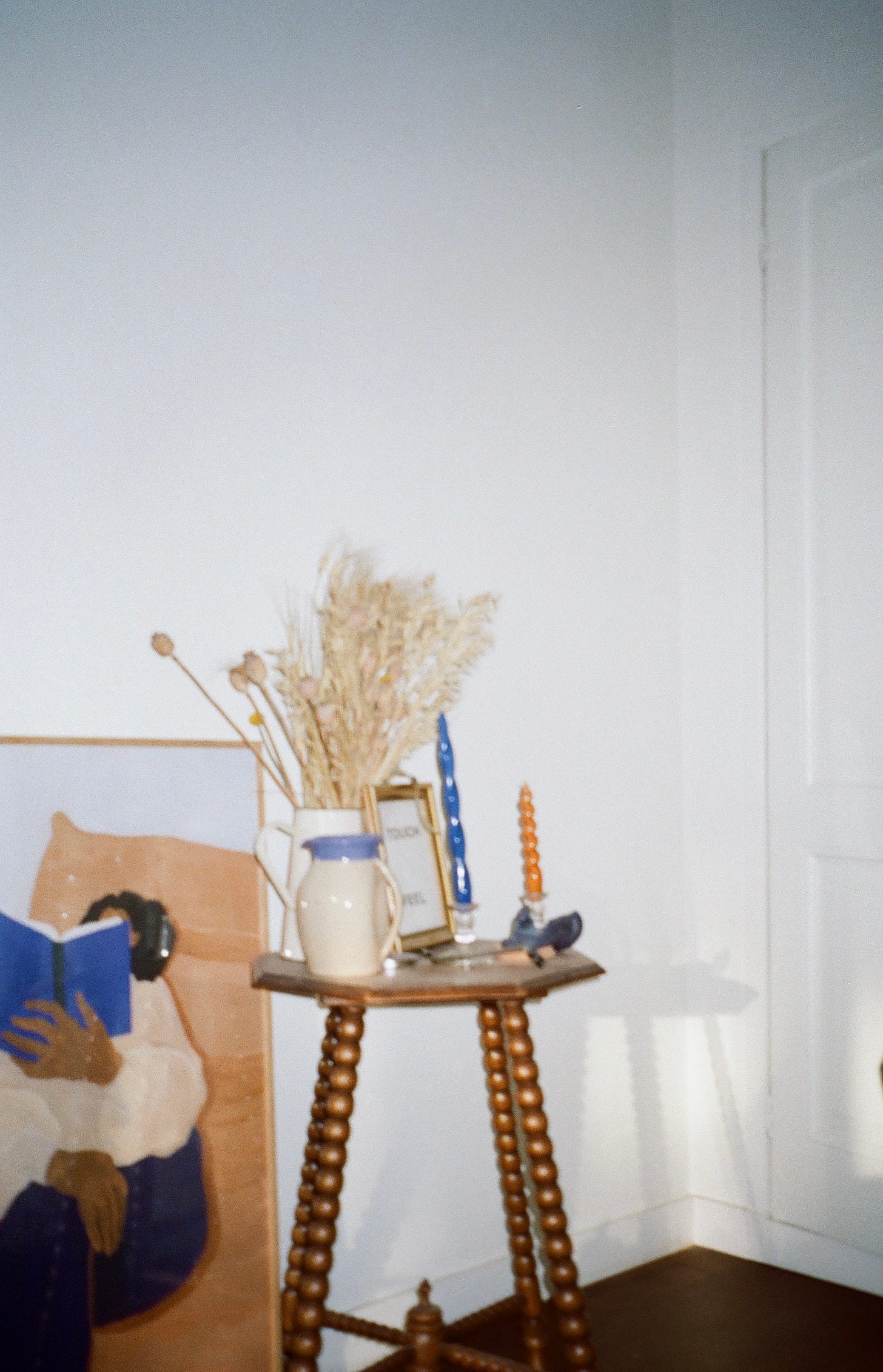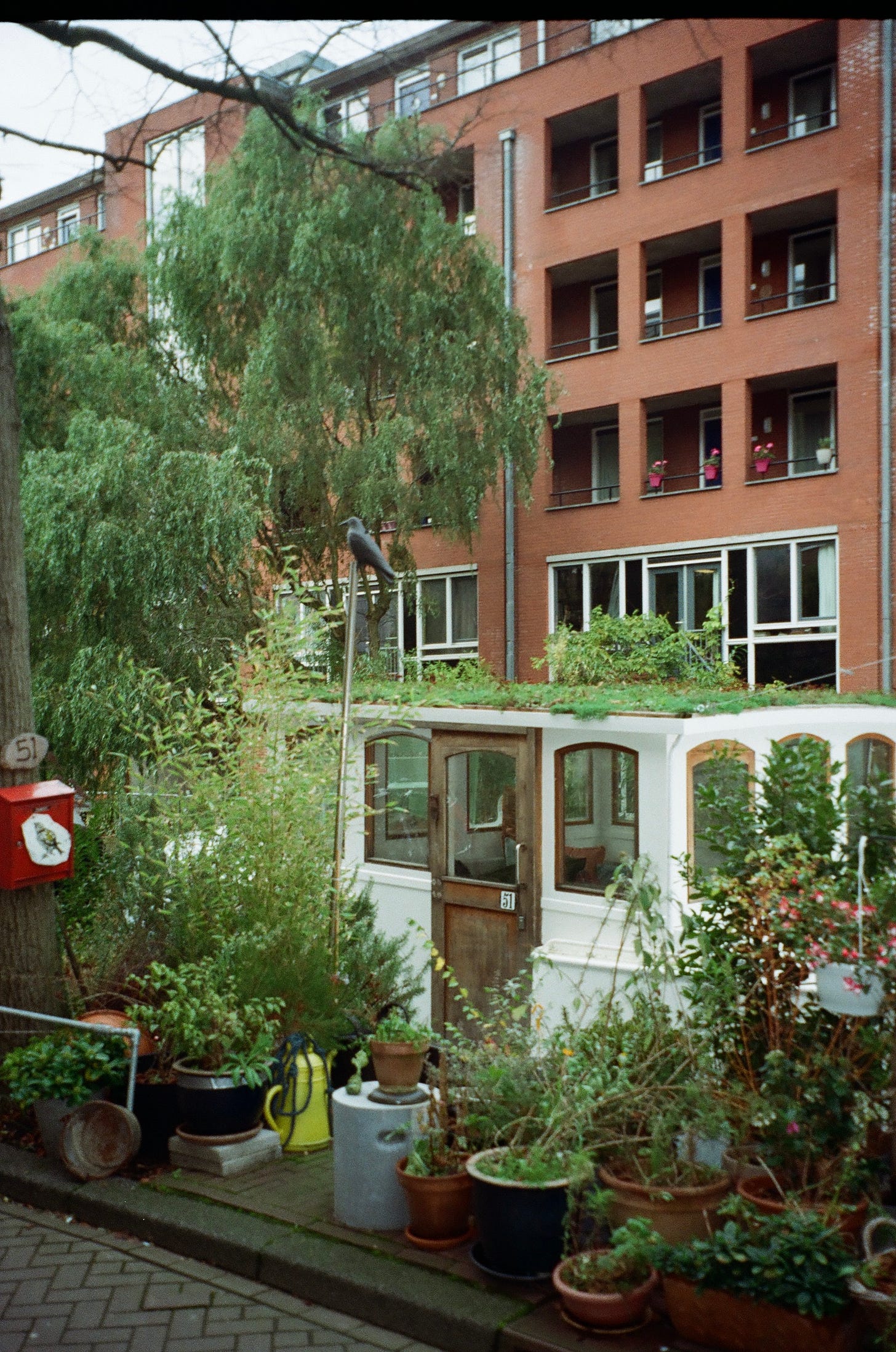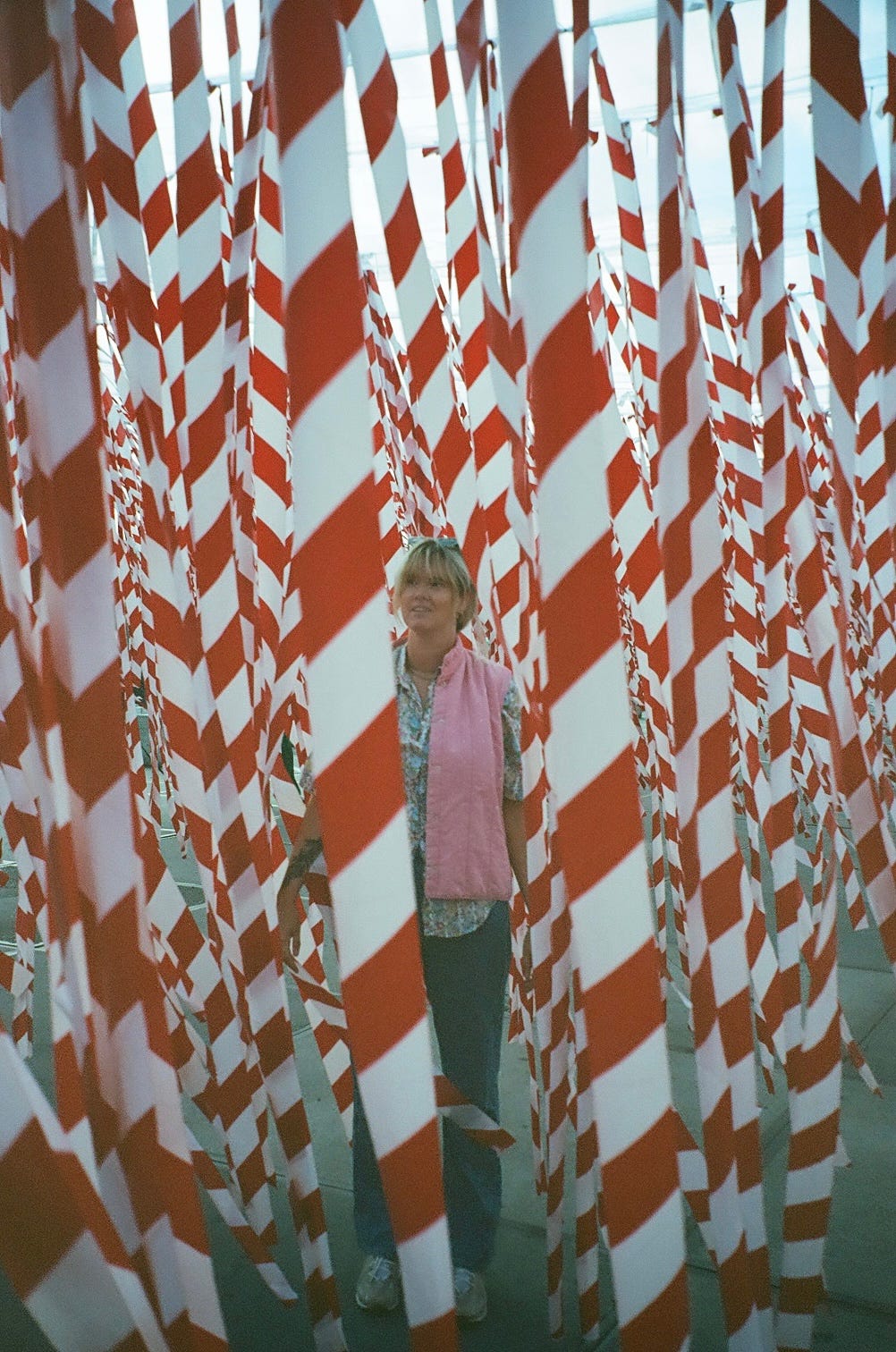Sunday bookmarks 11//22
November was about comfort reads and a reflection on why I do not write stories of recovery.
Hey friends, happy December and festive season if you celebrate. Welcome to the penultimate monthly Sunday bookmarks for the year! I think in true cliche fashion the final essay of the year will be some kind reflection on 2022 and looking forward into 2023 but for now, business as usual as I review what I read in November, what other articles I enjoyed and an essay about what the f it means to be a disabled journalist in the current state of the world.
LIVING THROUGH // Why I don’t write recovery stories or wish for them either
I was conversing with someone recently who referred to themselves as recovered from M.E. Before I go on, I am not claiming that recovery or at least remission from M.E exists, but from my time in both online and in person communities of people living with this disease, it is certainly not the norm. There is little research into the causes of M.E and even less into viable treatment strategies for post viral illnesses. Although many people praised the opening of worldwide Long Covid clinics (the most recent wave of post viral illnesses to reach us), people already living with post viral conditions were sceptical. And as expected, the majority of the reports from people using these clinics expressed disappointment, and it is clear there is no new science at play, psychiatry, graded exercise therapy and ‘learning to pace’, remain key strategies, causing more harm than good across a vulnerable group of newly disabled people.
As a disabled journalist I write extensively about illness. I cover my own experiences and more often, other peoples. I interview people from so many different places, living with a whole range of conditions impacting their lives to varying degrees. I attempt not only to talk about my own experience with sickness, but include those who were born disabled, use power chairs or exist in any other situation that is different to my single understanding of my own illnesses. The overwhelming contribution to chronic illness communities online is white, young, straight sized and sick with invisible conditions, quite the opposite to a non disabled picture of disability that historically has been white, male, middle aged and visibly disabled by a tragic accident. Neither of those groups make up the majority of disabled and sick people but they can appear to be the loudest.
I do not write stories of people’s recoveries from chronic illness, and for good reason. It is not because I do not, deep down, wish for my own health to improve. It is not because I am not filled with joy when someone can reclaim parts of their lives they were previously unable to access. It is not because I wish to remain sick. It is because the cons outweigh the pros when I defer to my professional and personal ethics.
I consider my work part of the ‘public service journalism’ sector, that is to say, the articles I produce aim to report on an issue that is of concern to my readers, providing them with accurate information, breaking down complex ideas and referring to experts to provide context that I do not have. I do not however believe in the ability for the media - whether that is individual or corporation wide - to be unbiased. Everyone comes to their work with their life experiences so far, and that informs how, why and when they tell the stories they tell. More often than not ‘unbiased reporting’ is shorthand for a passive tone of voice - and being passive in a world which is ableist, racist, classist and so on, isn’t enough. It works to maintain the status quo. If you'd like to expand on this idea further in another context, I recommend Louisa Lim’s Indelible City: Dispossesion and Defiance in Hong Kong, in which she discusses her position as a reporter in Hong Kong, and the role of journalist vs activist, which gave me pause, even if I didn't reach the same conclusion as she did.
Taking a public service journalist view to disability reporting, makes me consider the articles I write often from a cost benefit analysis perspective. Although I predominantly produce work to make other disabled people feel less alone and more empowered, I am acutely aware of the majority of readers of any given piece may not be disabled, that is to say they may also be harbouring conscious or unconscious views of disability that are not as expansive as I would like in an ideal world. To write a recovery story of an illness that has low rates of recovery and high rates of medical trauma and disbelief, is pushing a story into the world that a non disabled reader might carry with them in their interactions with other sick people in their life and beyond. There is so much distrust from non-disabled people towards us already, providing them with ammunition that says we can get better if we follow these rules and try a bit harder, sounds like a terrible idea.
When I read stories of other recovery, through unsubstantiated wellness practices, a small part of my (unhelpful brain) tells me I am not trying hard enough to get better. If only I cut out sugar, dairy and gluten, stopped my Friday night takeaways and threw away my microwave, I would get better. If only I paid thousands of pounds for sacral-cranial therapy or chiropractor appointments, I wouldn’t be so fatigued. If only I followed the protocol of Chinese medicine and stopped using my bluetooth headphones, I would be better. As I stated earlier, I am not dismissing people who believe those things were the reason they no longer have a post viral illness but that is an individual experience and one that should remain private.
There is so much to be angry at within the western medicine complex, and so much to learn from the historic cultural practices of health from places outside of the western world, but that isn’t to say one absolute trust should be exchanged for another. To expose a story of recovery in detailed terms that holds claims to unfounded wellness practices or dietary changes or brain retraining, is to say to thousands of readers is to say publicly to sick people, you will get better if you take these steps. And it says to non disabled readers, there are ways to get better and the person you know in your life should try it too.
Hope increasingly feels like a dangerous feeling to me. There is certainly something deep inside me, ravaging at the bottom of my stomach, that hopes for my own recovery, to be free of the symptoms that rule my life, to be able to pursue my goals with ease. But it remains a stagnant feeling, not something I use to guide the way I live in the present moment. Hope no longer drives me into wellness rituals that rinse my bank account. Hope no longer leads me to make lists of goals and wishes for ‘when I am better’. Hope doesn’t hold me back in living as I can now. When hope is the feeling that guides your ship, it becomes impossible to be content with your present existence. It is much more difficult to accept the reality you live in, when you are exclusively focused on what is to come when you are not living as you must live now.
I understand the clinging to hope, because when your reality feels impossible to exist in, your mind must create alternative versions of the future you will at one point get to live in. But for me, to share recovery stories of M.E in as public of a forum as journalism, feels like a dangerous form of hope, it gives readers living with sickness false promise, and it inevitably will be weaponised against them too.
READING // LONG FORM
I haven’t read with as much vigour as I would have liked in recent weeks but my monthly book count seems to hover around the same figure despite how I feel my reading month has gone. It seems more now than ever that my reading moves in fits and starts, I can finish three reads before the seventh day of the month rolls around and then slog through one short story collection the following week. Reflecting on what I do read in a month helps me pinpoint the weeks which seem to pass by without many events these days, positive ones at least.
I have been leaning into comfort reads in recent weeks which have taken on a new form for me at least. There are very few books I have read this year that have truly transported me to another place, that took me out of dark black holes of pain, and were gripping enough to get me through long nights awake. The first was certainly Juno Dawson’s Her Majesty’s Royal Coven. The beginning of a fantasy witch series - which if you follow my reading tastes at all, you will know that hasn’t ever been top of my radar. However, Dawson’s young and new adult work was the gateway back into reading for me after shunning it in my conformist teenage years, so I already trusted her to be worth a shot. A near perfect blend of social commentary and witchy goings on, HMRC provided me with the perfect escape. The only problem now is waiting for the next one. The audiobook is narrated by the brilliant Nicola Coughlan (best known for the beloved Derry Girls), and on reflection the majority of my comfort reads are consumed via audio. In the most trying of times I have no capacity to hold a book up, so orally receiving literature is essential.
My most recent comfort read has been Mouth to Mouth by Antoine Wilson, which I have since personally recommended to three people in my life, and now all of you too. This book follows the somewhat formula of a Patricia Highsmith novel, with updated cultural references (and no anti-semitism). Wilson takes on a snarky tone in his exploration of seedy art world dealings. It is easy to devour in a day or two, or in my case a train ride and a half. Rich people romps, when done with a cutting tone of voice that does not pander to a rich person problem, are definitely part of my comfort read repertoire.
The other sub-genre I seek out when I need to escape, is non fiction exposing white collar crime. Bad Blood is likely the most well known example of this. I have written before about my ethical concerns surrounding a lot of mainstream true crime content, which is why I emphasise the white collar aspect. She said was another blockbuster book of similar ilk but certainly bought me more distress than escapism, because its subject matter was so harrowing to consider given the number of victims harmed. Elizabeth Holmes’ crimes were certainly not victimless but the nature of the storytelling did not centre this specifically, changing the tone of the book entirely. The next story of this ilk on my docket is When Mckinsey Comes to Town, which I will be tucking into over the Christmas break, whether that is festive or not, who's to say.
READING // SHORT FORM
My brilliant aussie pal Kylie, has launched her Patreon. Her first book, Show Me Where It Hurts, was the first time I recognised my own symptoms of pelvic pain, on paper, and through the joy (and shared hatred of) the internet, we became fast friends. I am so proud of her for pursuing an alternate form of reimbursement that detaches her work from the unsustainable grant and gig economy. Her words are certainly worth much more than that, so I invite you all to subscribe if you can.
Laura Pitcher for Dazed - The contagiousness of insecurities: is sharing online actually caring? Pitcher’s investigation into the purpose of those videos that zoom in on the creators stretch marks, or show a bloated belly whilst claiming they love themselves, was a gratifying read. In recent months I have come to my own conclusions about my own motivations for posting vulnerable content online, what it does for me and what it does for the people who consume it, and this piece illustrates part of that thinking.
Rachel O'Sullivan for Shado Mag - How housing policy in the Netherlands betrays its creeping nationalism. Rachel’s personal story of struggling to find adequate housing in Amsterdam during their university year abroad is just one expression of a national crisis across Dutch cities. I have witnessed first hand both the housing crisis and sharp uptick in outward expressions of bigotry throughout the pandemic. This connected piece by the Dutch Review goes on to explain the cultural distaste for anything or anyone, that breaks status quo - ‘Doe Normaal’ - which speaks loudly to the country’s view on disability and mental illness too.
___
That’s all for this month friends, catch you on another side of the internet,
Hannah







